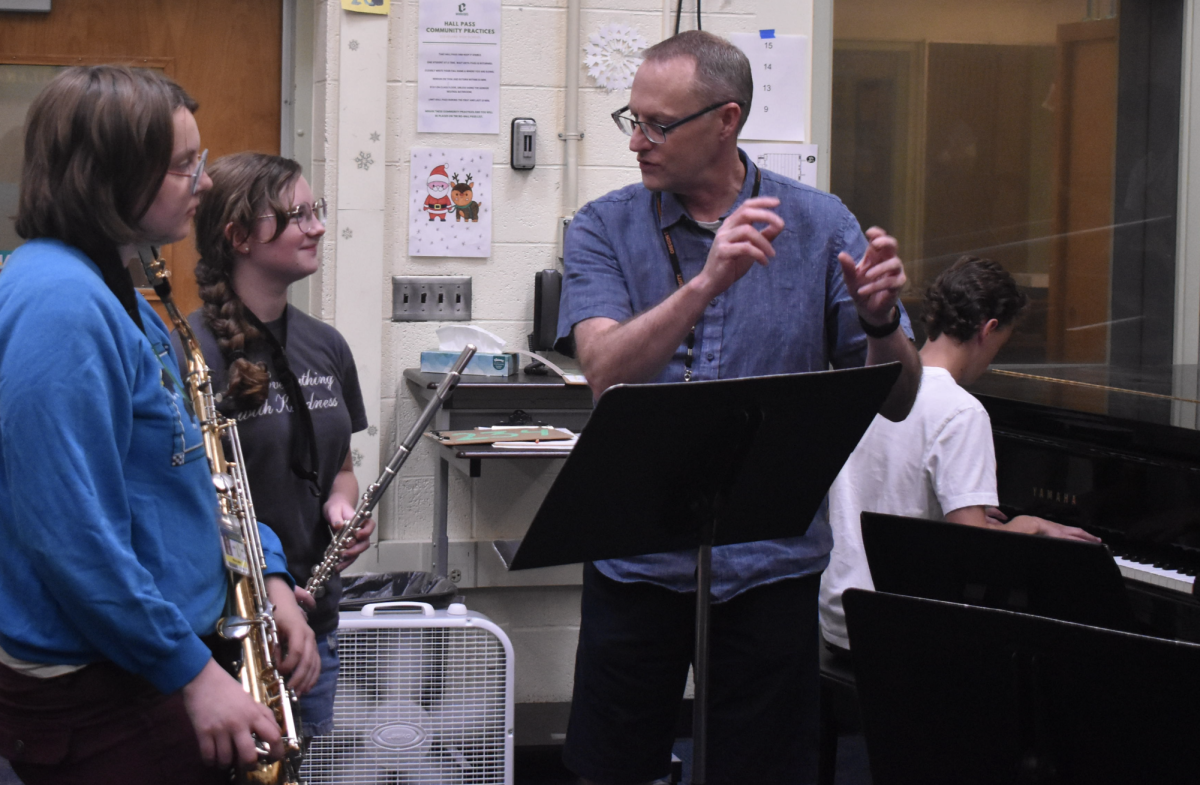College advice for students both over and underprepared
April 13, 2016
Finding the perfect college is impossible. No matter how thoroughly you search or how many resources you use, you will never find the college that has everything you want. But, if you can keep an even head and stay organized, you can find a college that will give you one of the best experiences of your life, even if it’s not perfect.
For me and many other seniors, finding the right college is a lengthy process and takes many self evaluations. It’s hard to know during junior year where you want to spend the next four years of your life. I made many mistakes during my college process, as many other students do. I hope to present juniors with my experience and lend them with pieces of advice I have gained.
- Junior year spring is really when you should start building your list. For me, during winter break my junior year, I sat down with my brother and my laptop, and spent an hour talking about what I would want in a college. With that conversation, I built a list of about a dozen colleges fitting those demographics. The list has evolved since then, but some of the colleges that I applied to in the fall were present in the original college list. If you want some help building your list and starting your essays, at 7 p.m. on April 27, the College and Career Center is hosting an event for juniors about the college process. Even if you have absolutely no idea what kind of school you want to go to, I would still suggest going.
- Be open to looking at different colleges. Last spring, I took a trip to Boston with my mom to visit my brother and look at colleges. We were scheduled to look at six or seven colleges. One day, I was so beat that after visiting Northeastern University, I planned to abandon my trip to Boston College. I didn’t know much about the college and it wasn’t on my list. My mom encouraged me to visit and to take for granted our time in Boston. Luckily, I decided to go to Boston College and fell in love with what they had to offer; the campus was beautiful, the students were all happy, and their academics were exceptional. I applied to Boston College in the fall, and was accepted in early December. I am so glad I decided to forgo my plans of returning to our house; if I had decided to give into my laziness, my future plans for fall of 2016 may be different.
- Don’t stress about being in the exact right city. You don’t have to establish the exact city you want to be in, but the type of city you see yourself enjoying. If you want to be in a town that has activities that revolve around its college students, you may want to go to move to college town. If you need to be constantly interacting with others, you may want to go to a city setting. But the fact is, if you are someone who likes being in a city, you will be happy whether you are in Seattle, Boston, or San Francisco.
- Do not be shy about asking for help. Do not be proud, it’s going to end up hurting you in the end. Never submit a college essay without having a second set of eyes look at it. You never know, you could have used the wrong “your,” something colleges expect their students to have right 100 percent of the time.
- Start your supplemental essays at least a week before. Even if you don’t get very far, at least you will have an idea of your essay. Many students start an essay three days ahead of time, finish it just in time, then look back a week later realizing that the essay does not fit the prompt, or that the prompt does not show a side of student that they wish to portray. The common application essay is an exception. It is one of the most important parts of your college applications and is a determinant of whether you get accepted. I would suggest starting your common application essay in the summer, even if you only get down a few ideas. I can’t stress this enough, do not save it for the week before.
- Be realistic about your finances. If you know your parents will only pay $10,000 dollars a year, don’t apply to only Ivy League schools. You will end up having to take out loans and will leave college with hundreds of thousands of dollars in debt. Feel free to apply to those types of schools, but also apply to schools that have inexpensive tuitions and offer merit aid.
- This may not be a piece of advice necessarily, but more of a thought I want to share. In the end, it really won’t matter where you end up. An economics degree from the University of San Francisco won’t look any different than an economics degree from Seattle University. You will receive a great education anywhere you go, because you are the determinant of the quality of your education. The quality of your college experience depends on how you act. As stated before, it is close to impossible to find the perfect college. But the one aspect you do have control over is your experience. You may be able to find a fantastic college, but you can’t find the fantastic experience; you have to create it.













